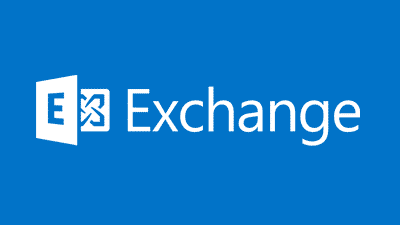Estimated reading time: 1 minutes
We recently received a request to provide a project manager with a full list of all shared mailboxes with their primary SMTP addresses that were in Microsoft Exchange.
To do this is a pretty straight forward task using Exchange Management Shell (EMS).
Just go ahead and open your EMS and run the following command:
Get-Mailbox -RecipientTypeDetails SharedMailbox -ResultSize:Unlimited | Select Identity,Alias,DisplayName,primarysmtpaddress | sort displaynameThis will go through your Exchange environment and give you a list of all shared mailboxes, their name and the primary SMTP address for each Shared Mailbox.
If you want to export this information to CSV, use the command below:
Get-Mailbox -RecipientTypeDetails SharedMailbox -ResultSize:Unlimited | Select Identity,Alias,DisplayName,primarysmtpaddress | sort displayname | export-CSV C:TGHsharedmailboxes.csvwhere:
- C:TGHsharedmailboxes.csv = the filepath where you want to save your CSV file
This will then export all the information into a CSV file where you specified in your command line.
Feedback
If you have any questions or feedback on this guide, please feel free to leave us a message below in our comments section and we will get back to you as soon as we can.
Share this content:




I am wondering what the real value here is. Perhaps there is a call for shared mailboxes specifically, but maybe the PM needed info to which he/she was unaware. Perhaps a permissions report of all mailboxes would be better so that it isn’t only shared mailboxes, but mailboxes with delegation of any type.
Migration to O365 – PM wanted a full list of all shared mailboxes and their primary SMTP addresses, no permissions or proxy/alias addresses. Why? who knows! but this carried out what she requested.
Also note that this was from Exchange 2007 on prem to online O365.
I am wondering what the real value here is. Perhaps there is a call for shared mailboxes specifically, but maybe the PM needed info to which he/she was unaware. Perhaps a permissions report of all mailboxes would be better so that it isn’t only shared mailboxes, but mailboxes with delegation of any type.
Migration to O365 – PM wanted a full list of all shared mailboxes and their primary SMTP addresses, no permissions or proxy/alias addresses. Why? who knows! but this carried out what she requested.
Also note that this was from Exchange 2007 on prem to online O365.
I am wondering what the real value here is. Perhaps there is a call for shared mailboxes specifically, but maybe the PM needed info to which he/she was unaware. Perhaps a permissions report of all mailboxes would be better so that it isn’t only shared mailboxes, but mailboxes with delegation of any type.
Migration to O365 – PM wanted a full list of all shared mailboxes and their primary SMTP addresses, no permissions or proxy/alias addresses. Why? who knows! but this carried out what she requested.
Also note that this was from Exchange 2007 on prem to online O365.